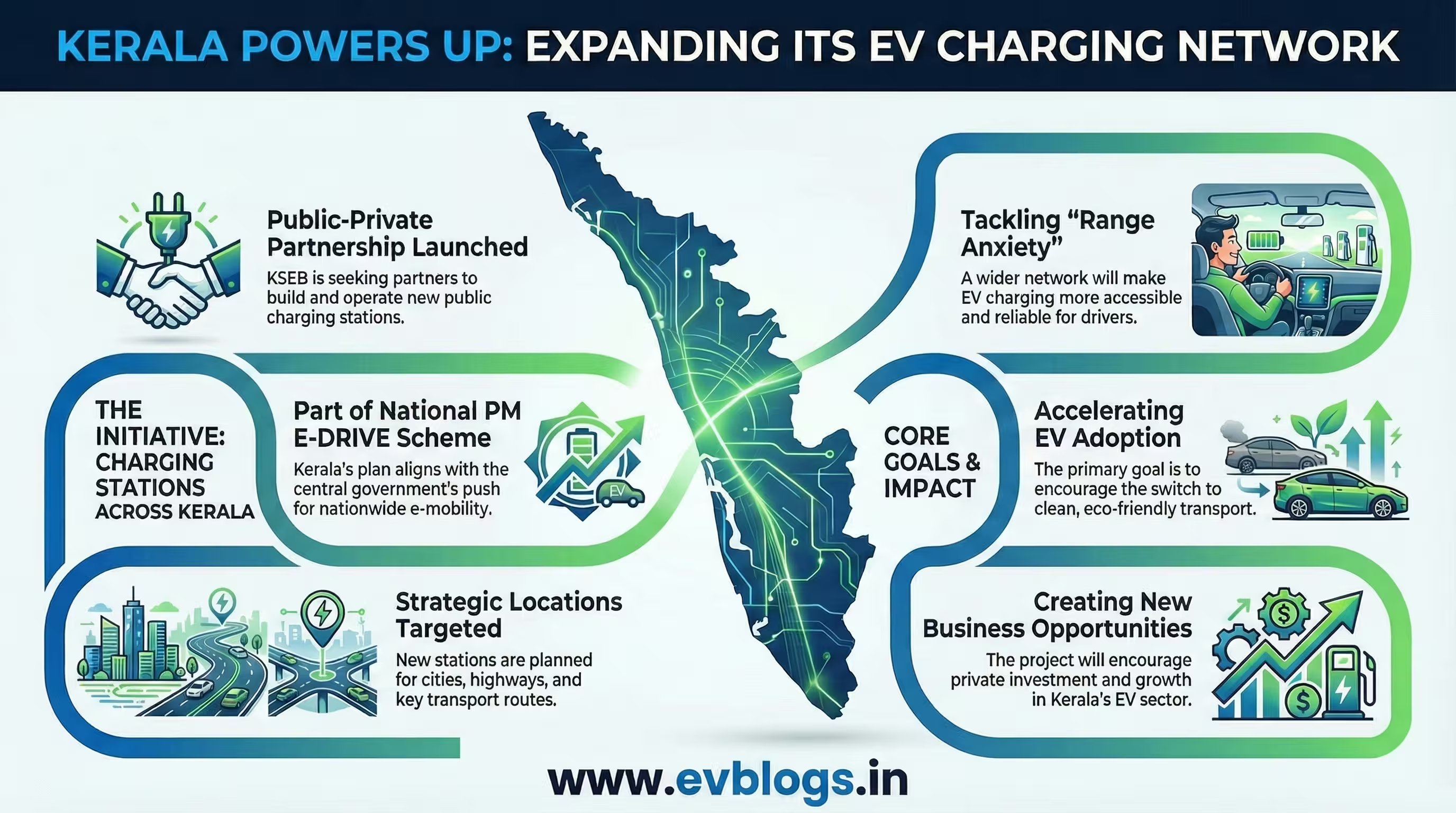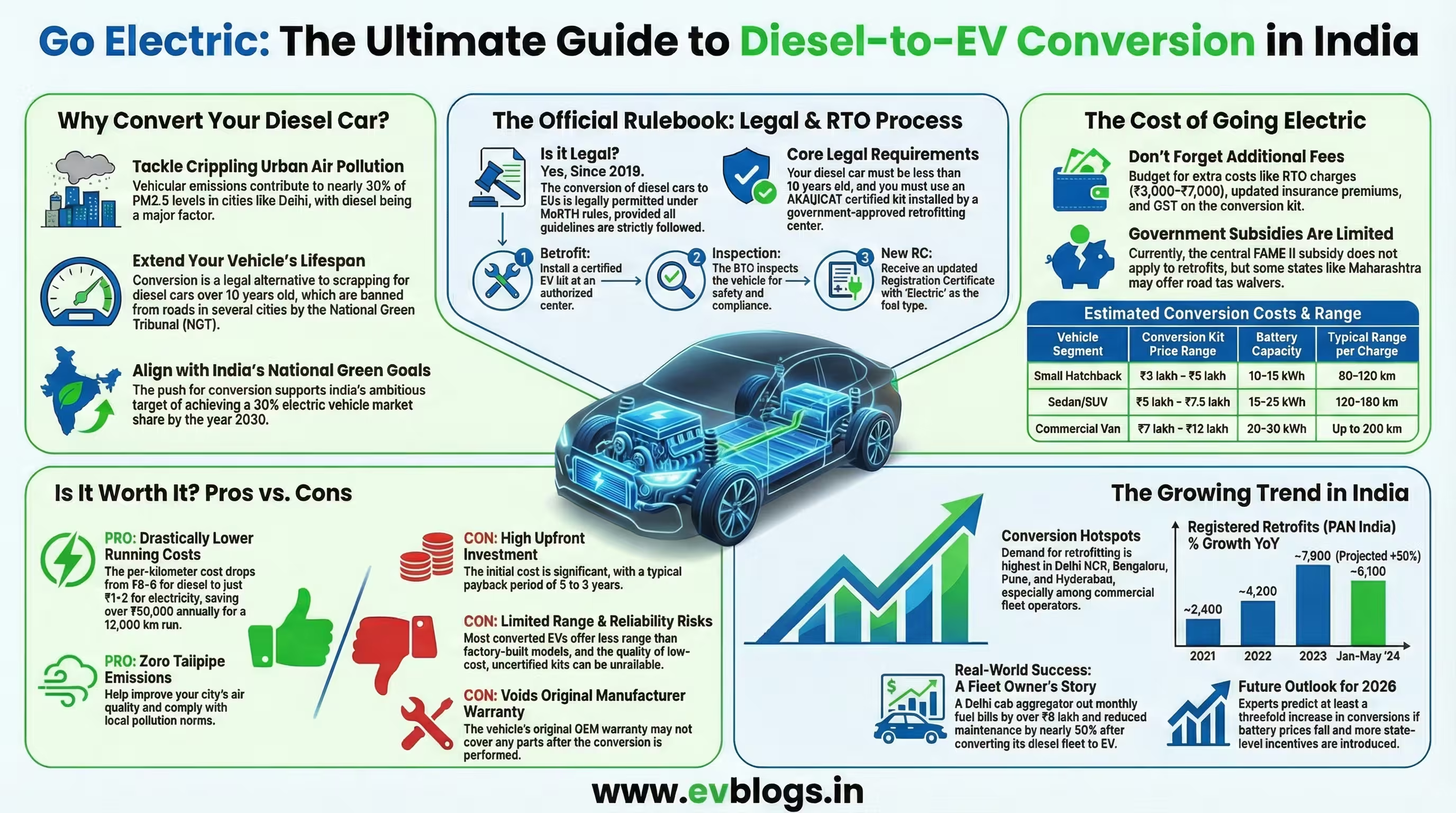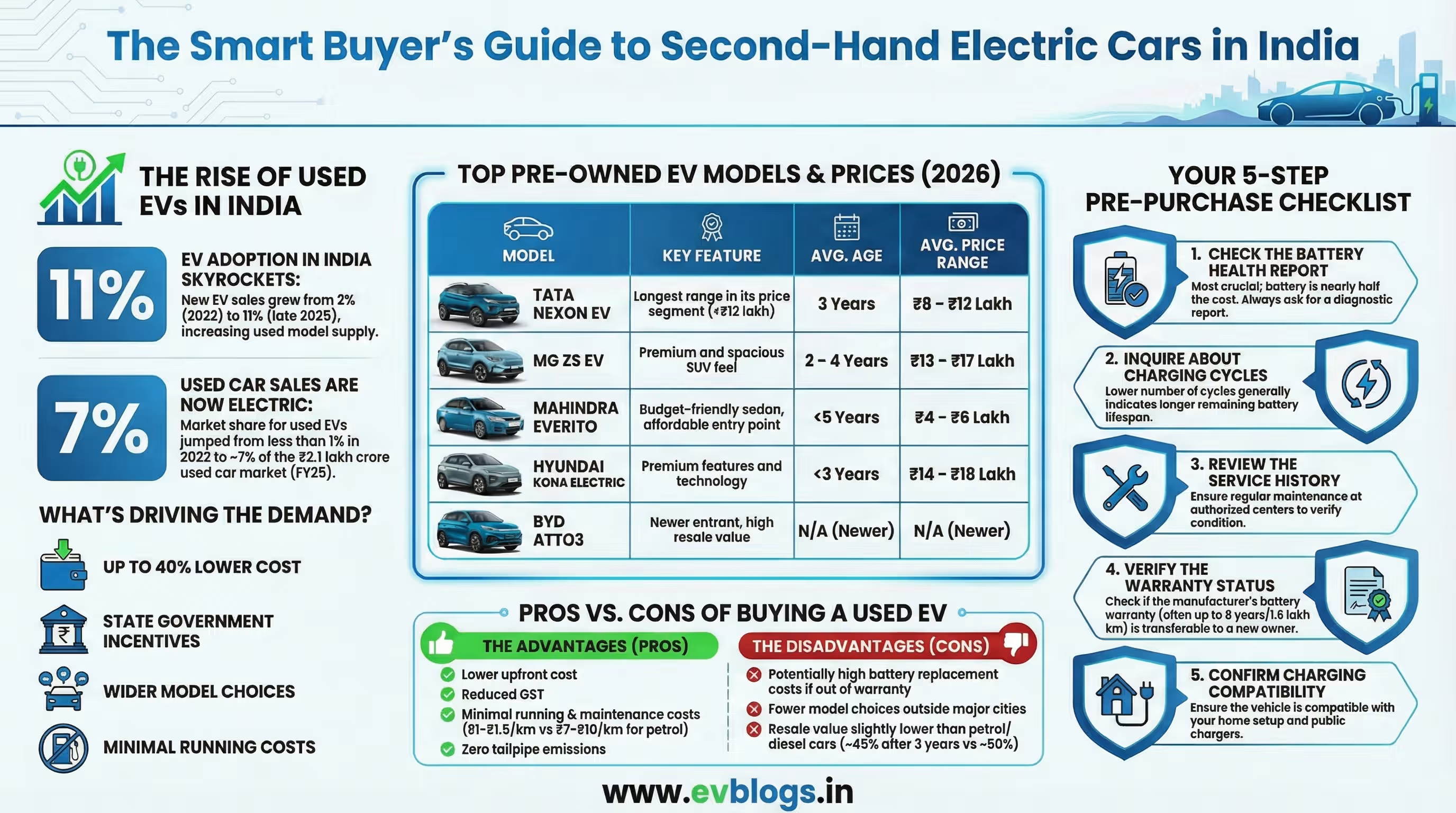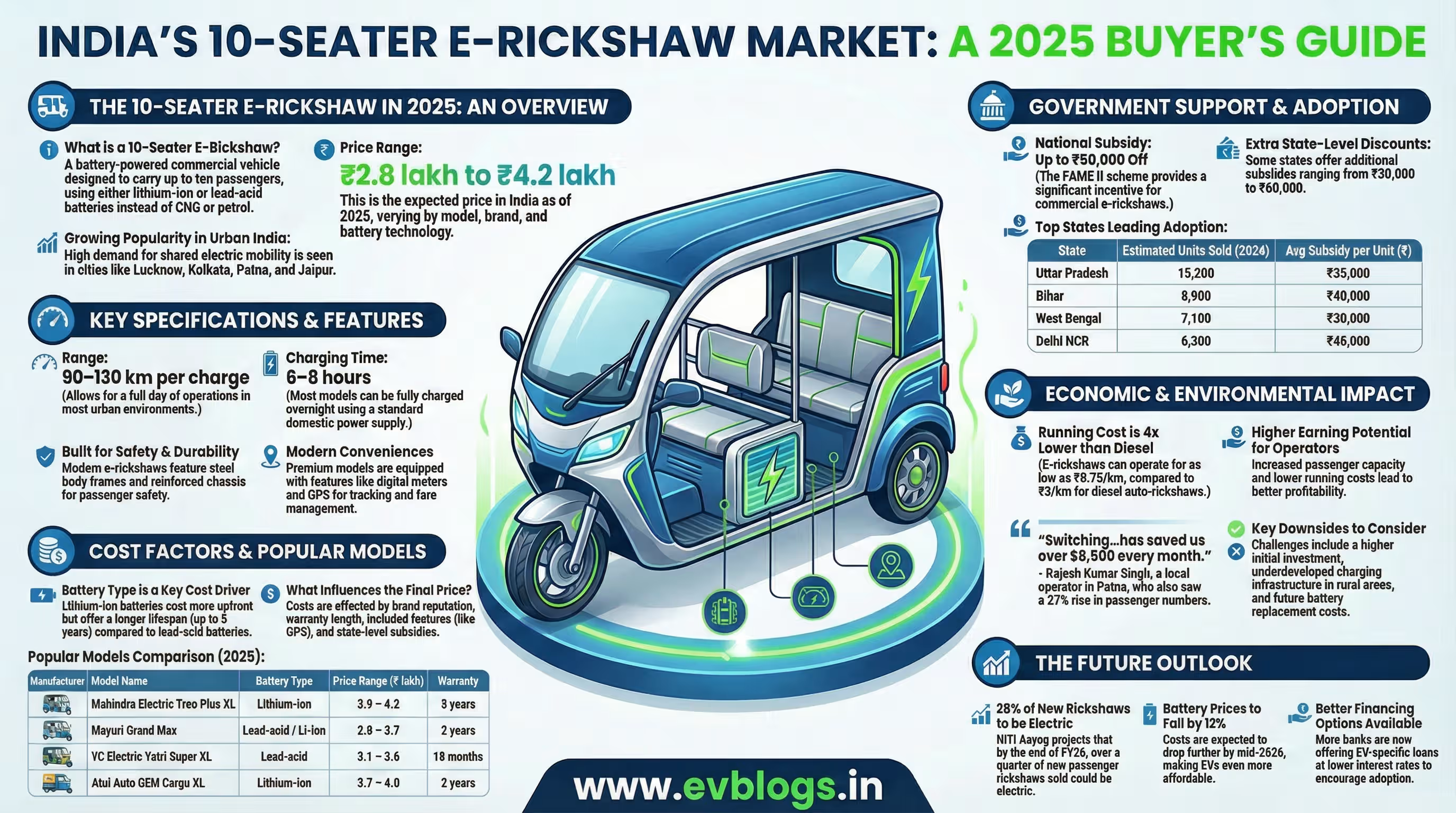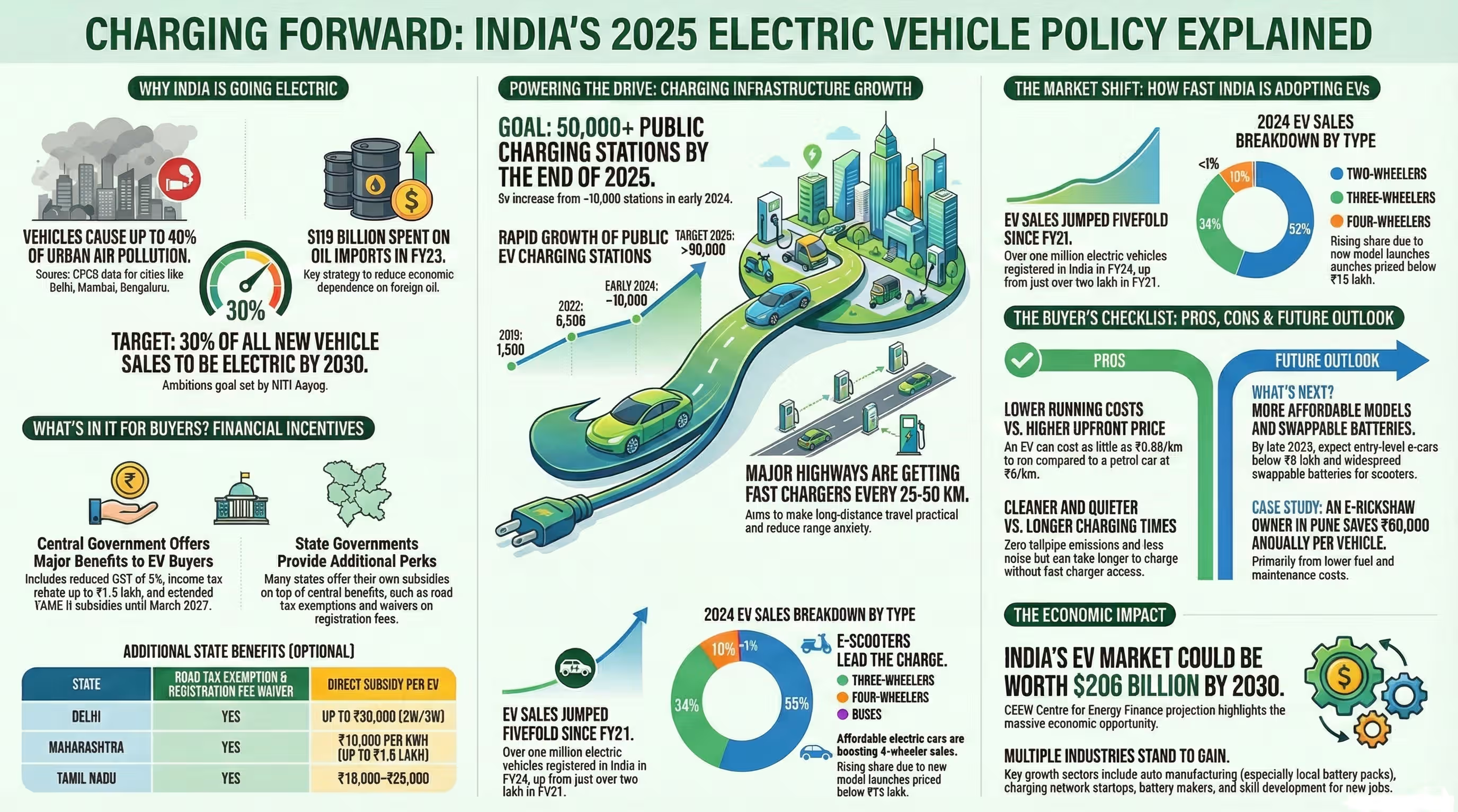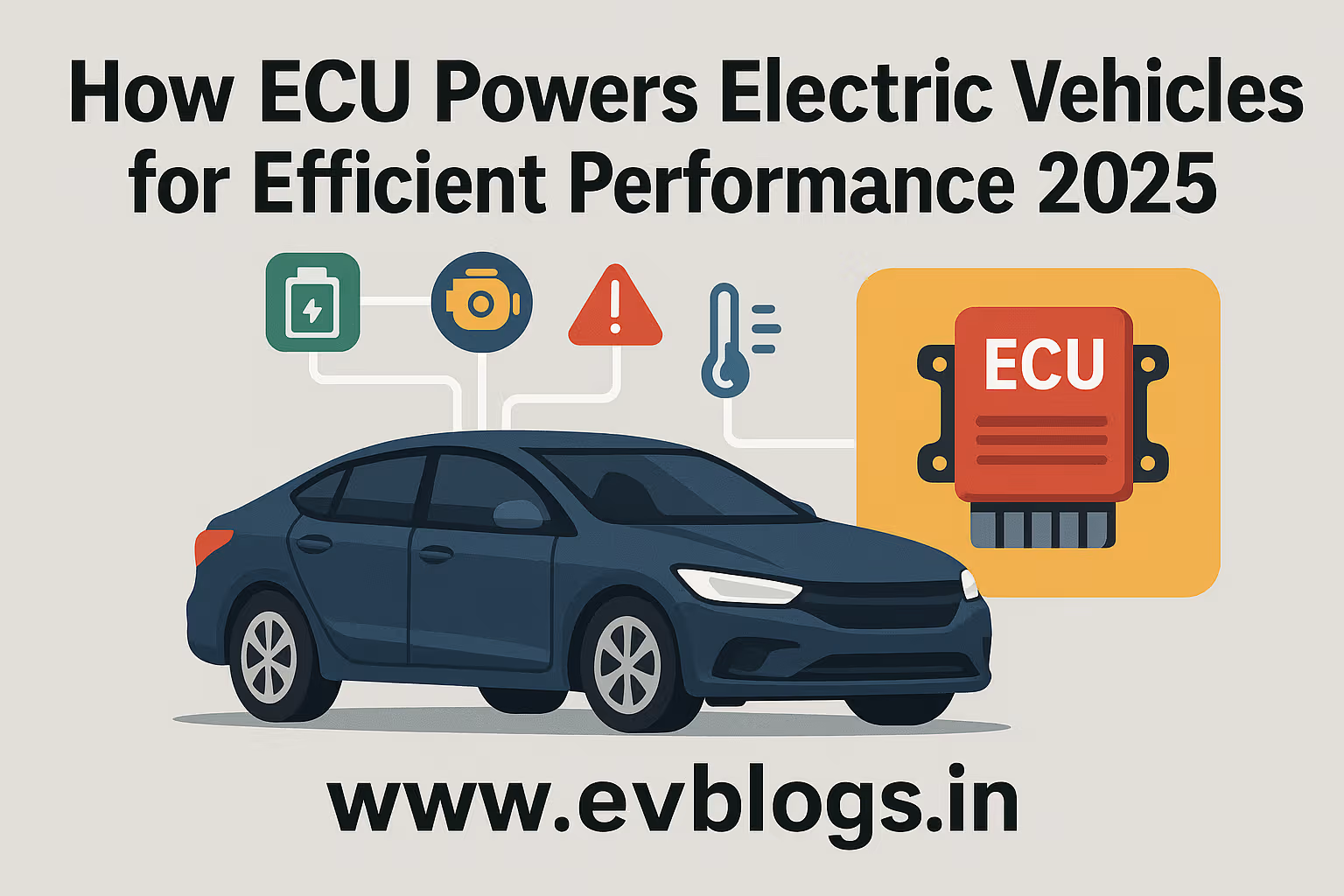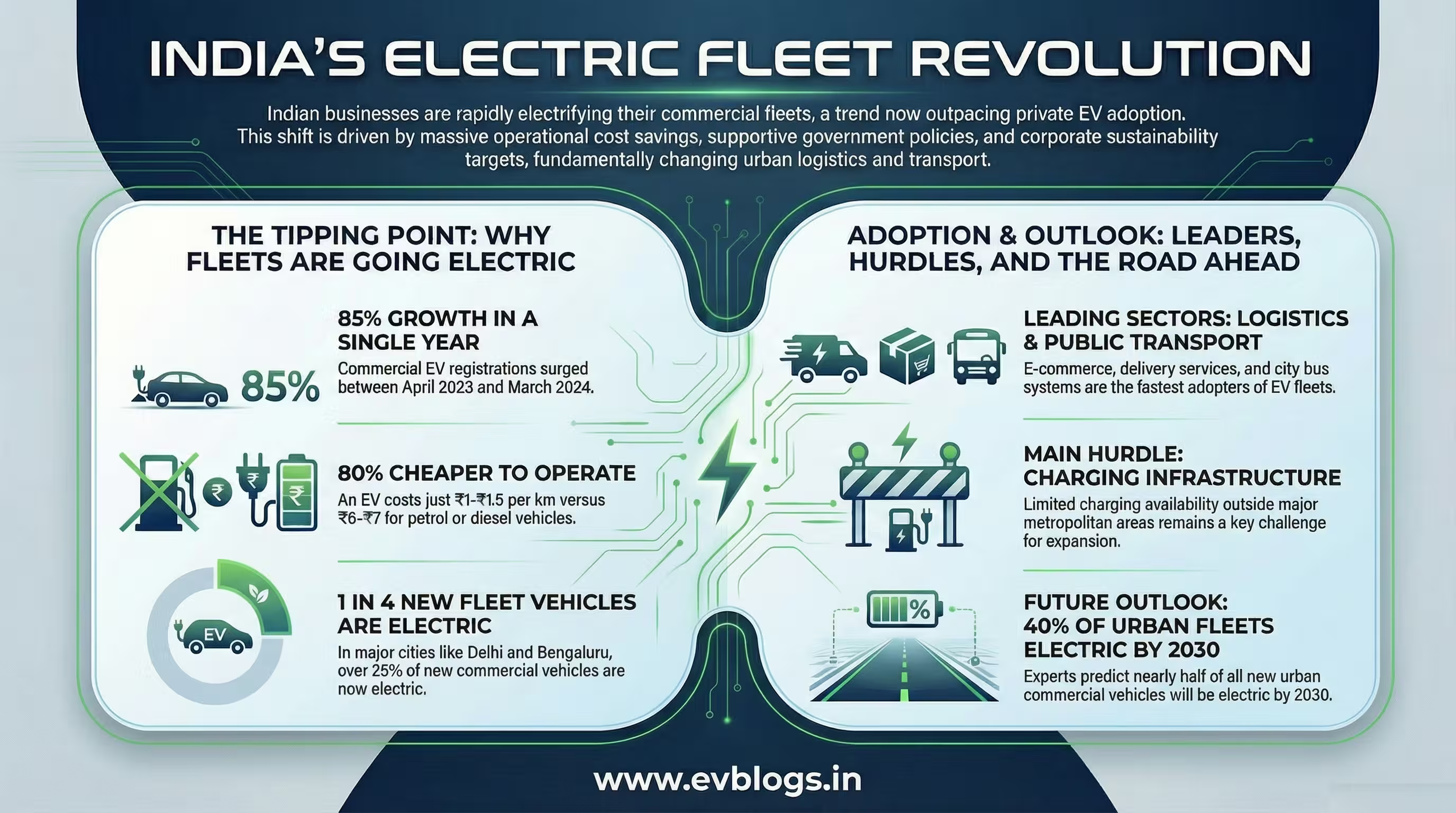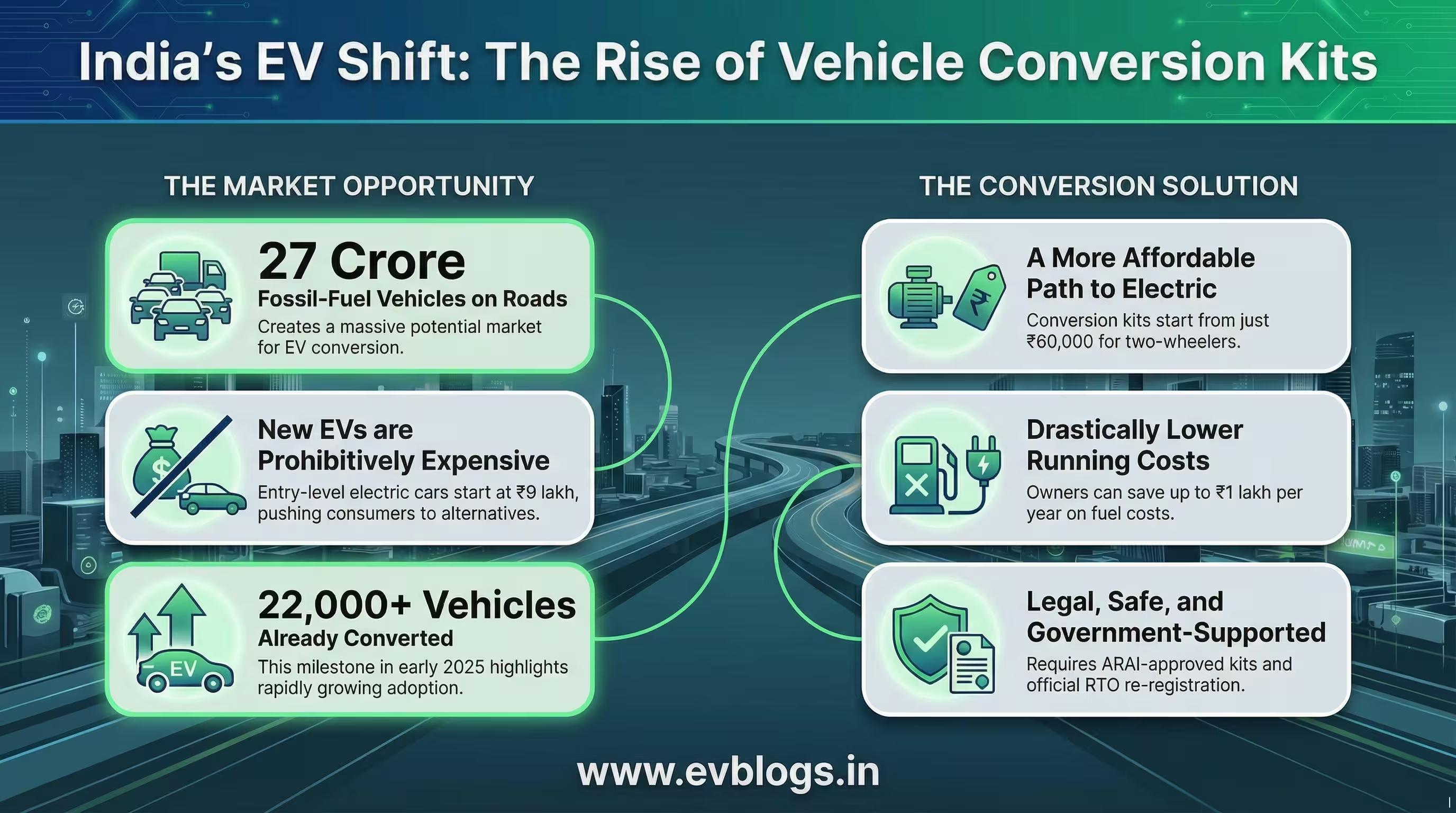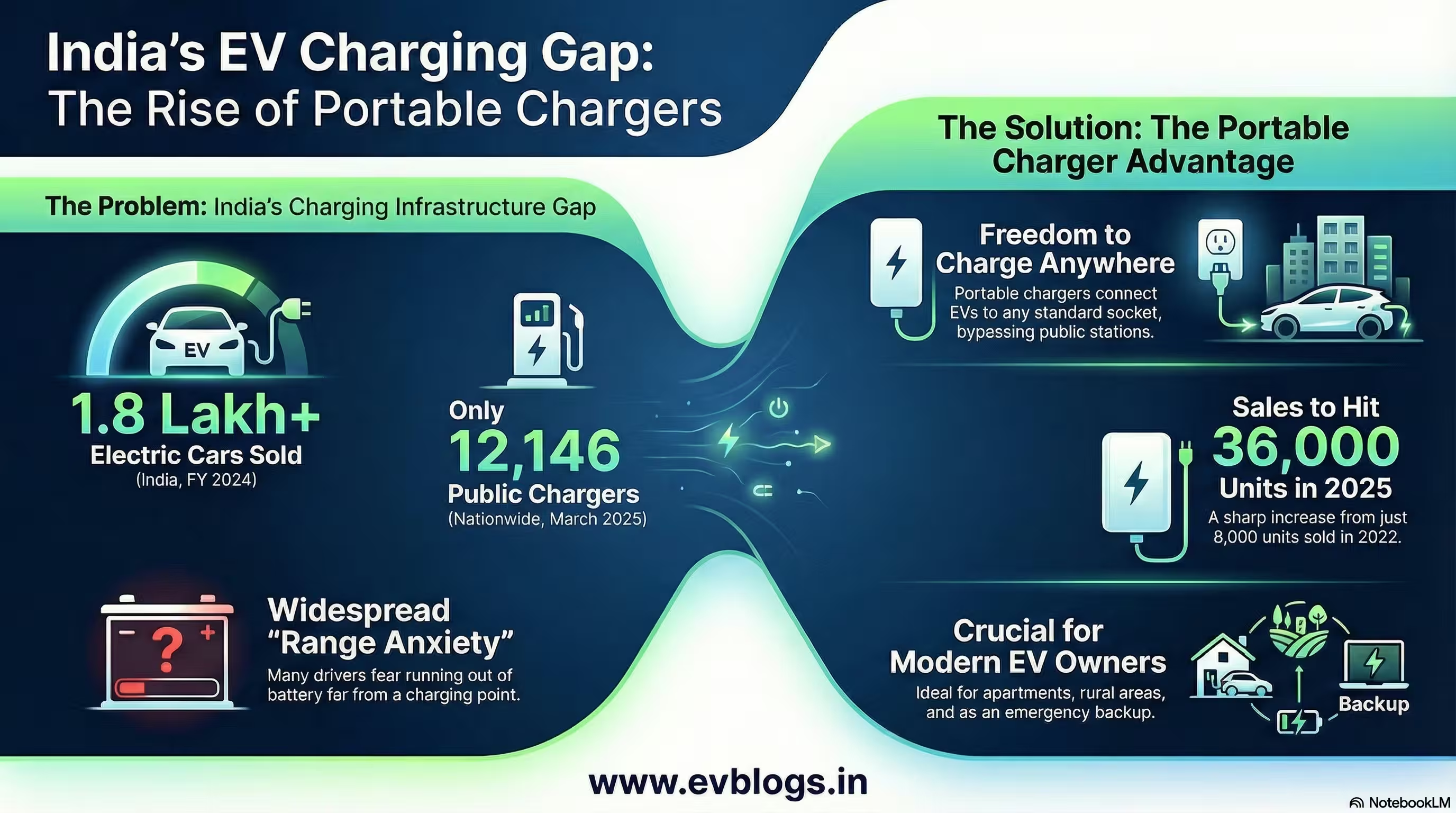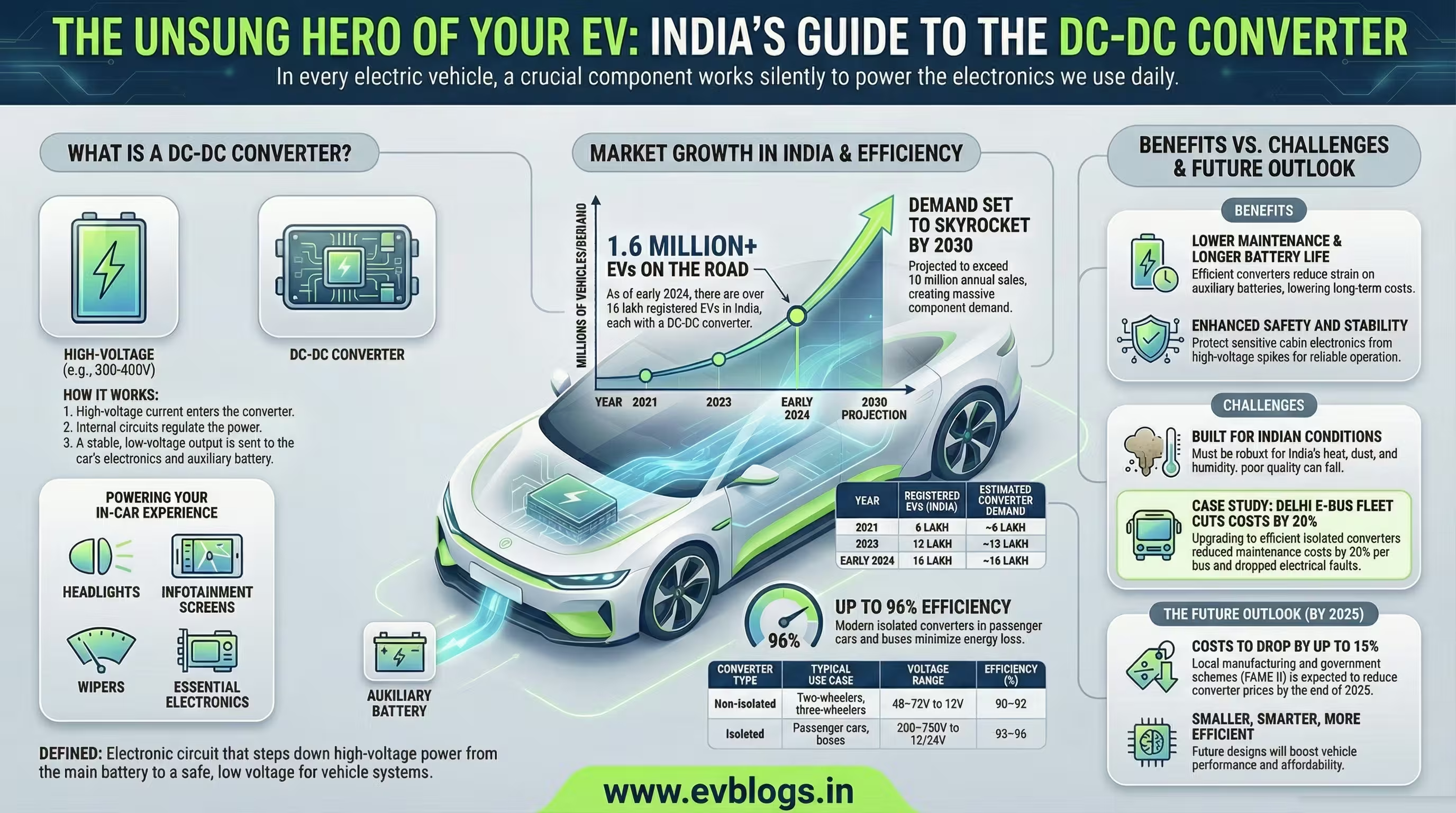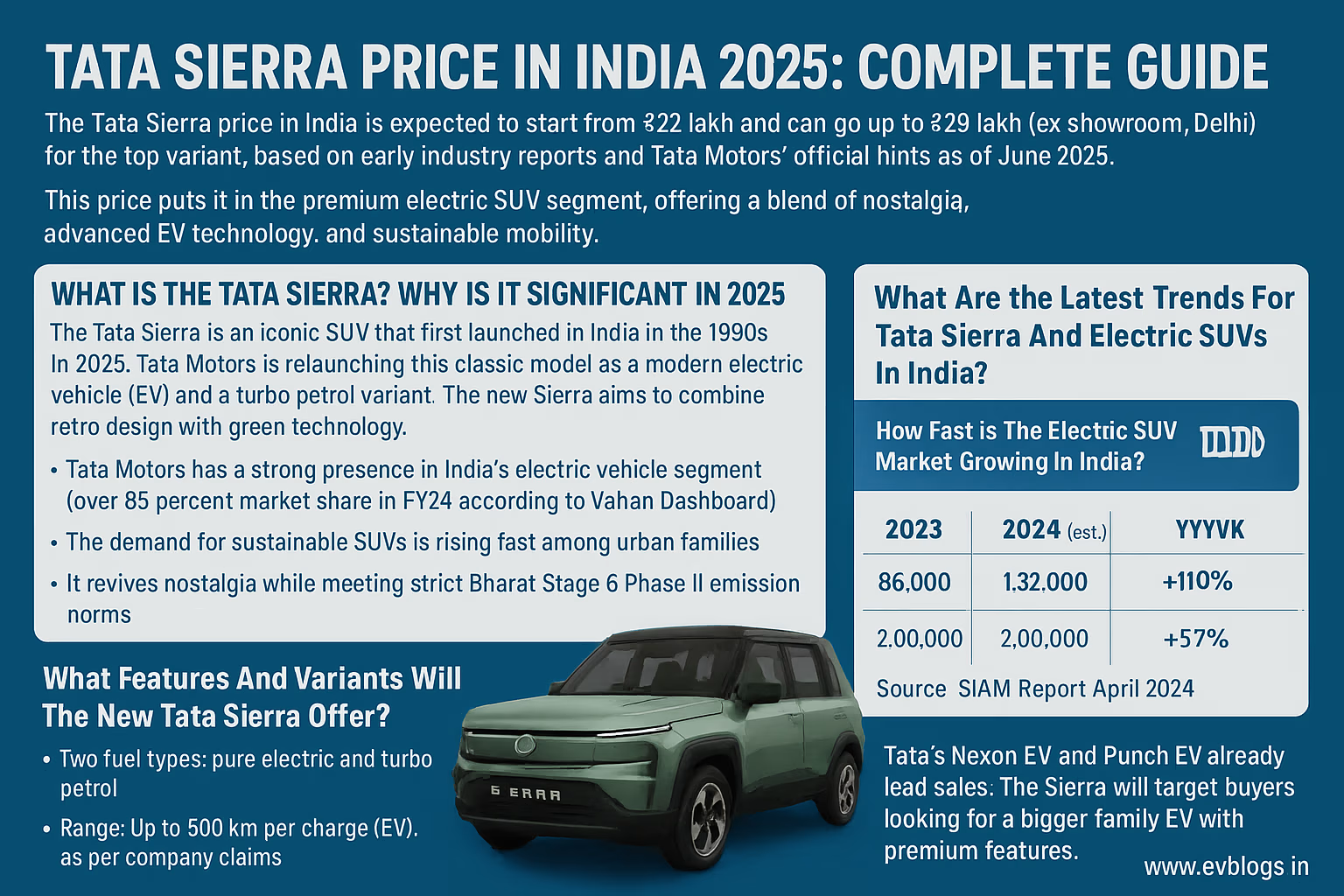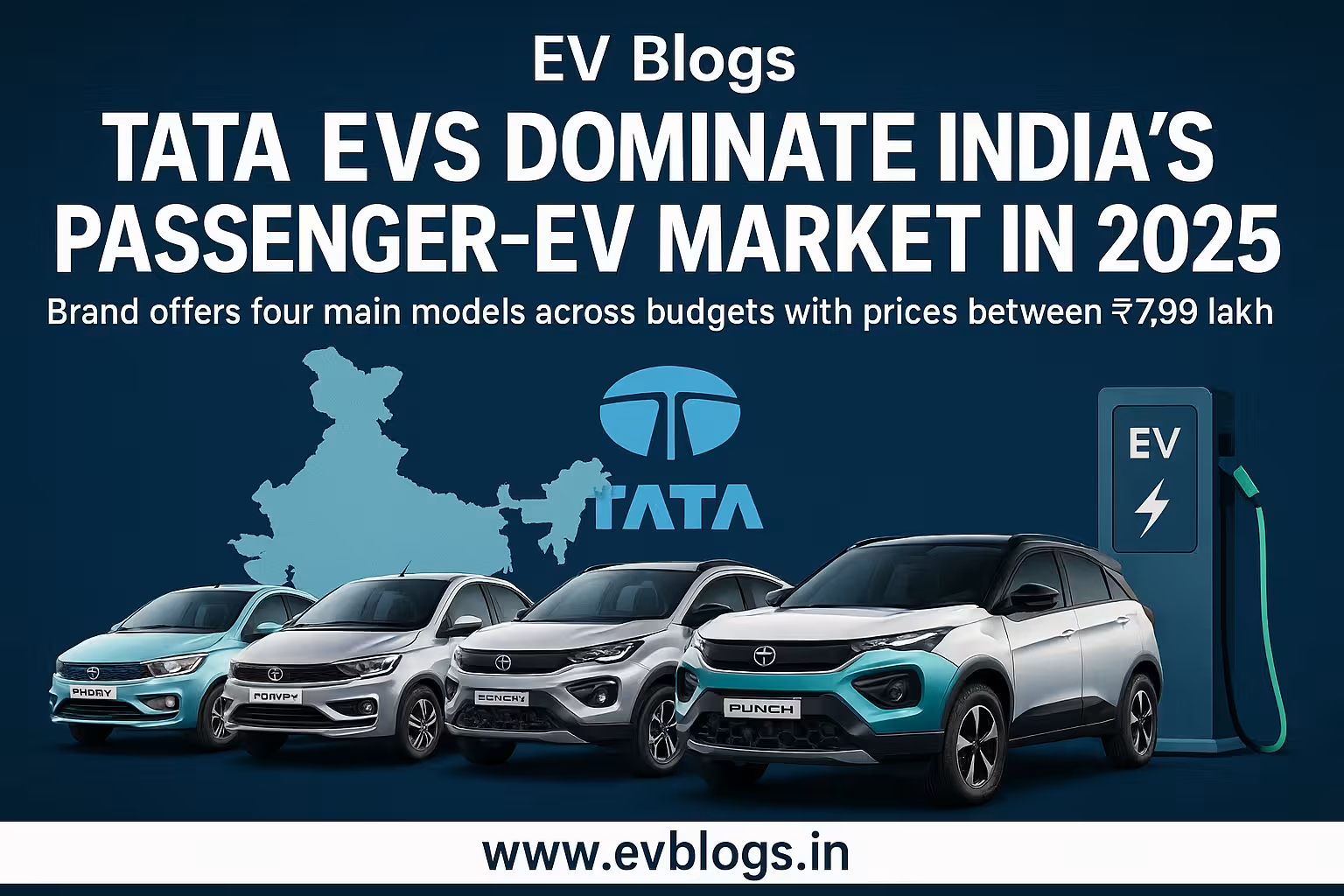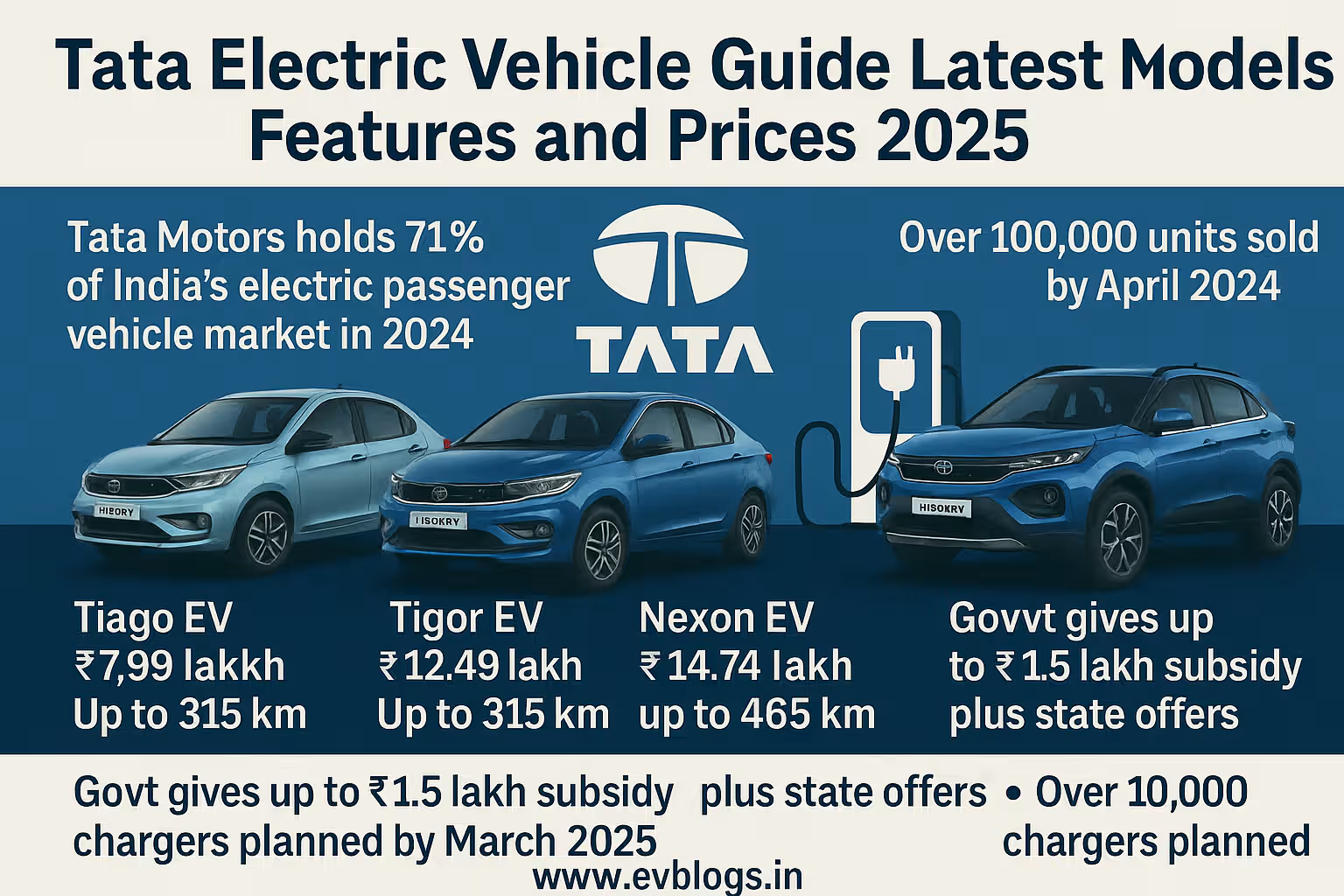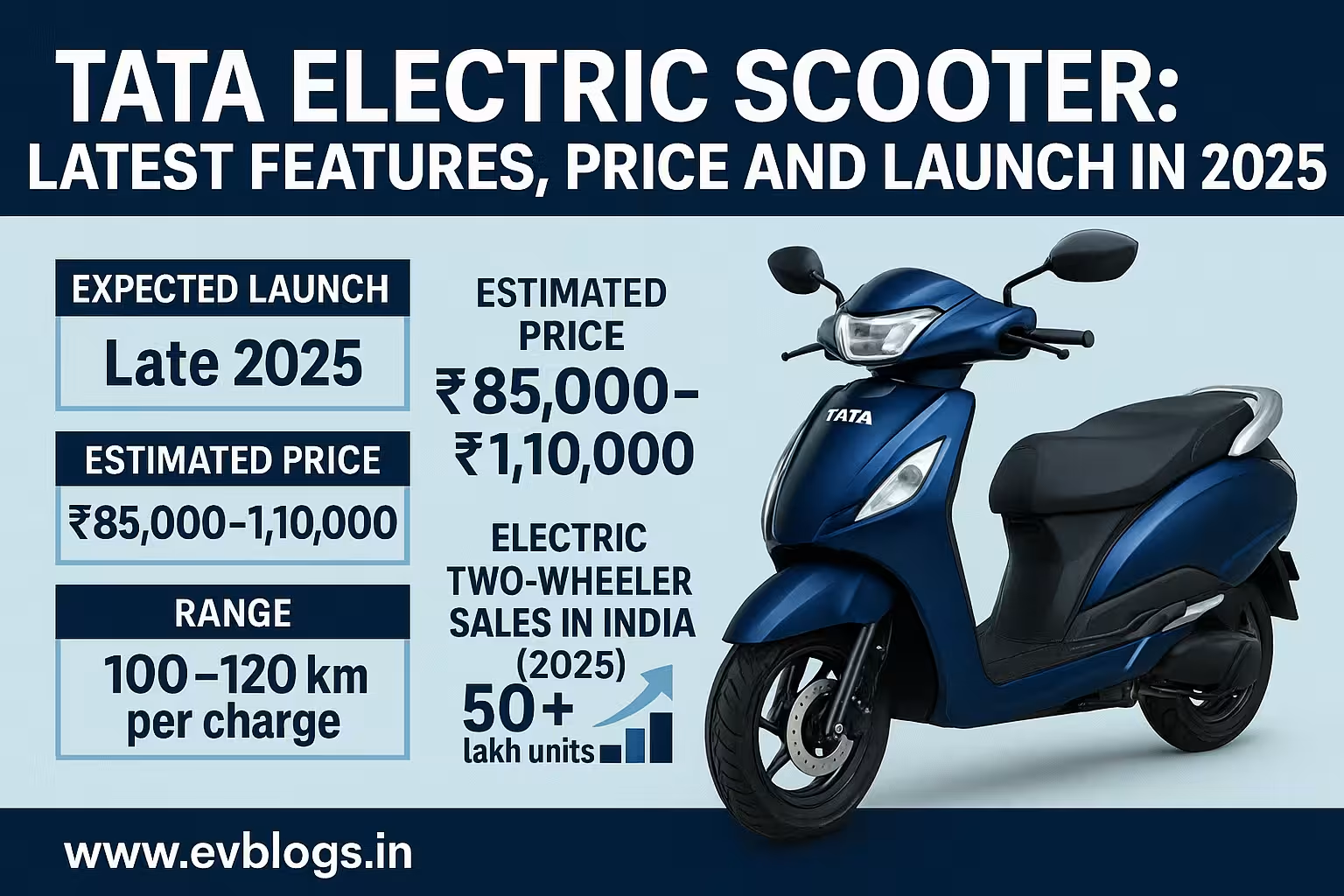Hedhvick Hirav
Hedhvick Hirav is a dedicated EV researcher and editor with over 4 years of experience in India’s growing electric vehicle ecosystem. Their contributions have been recognized in leading sustainability publications and automotive journals.
Summarize & analyze this article with
Choose an AI assistant and open this article directly:
Tip: if the AI doesn’t fetch the page automatically, paste the article URL manually.
NEW DELHI, Sep 25 — A new report has recommended the expansion of Kerala’s electric vehicle (EV) charging infrastructure, with a focus on installing more charging stations along State highways, key tourism corridors, and major inter-State routes. The study, conducted by the Kerala State Electricity Regulatory Commission (KSERC), highlights current gaps in the state’s EV charging network and proposes targeted measures to support the growing adoption of electric vehicles.
The report points out that while Kerala has made progress in promoting e-mobility, the present network of public charging stations is concentrated mainly in urban centres and along select National Highways. This leaves significant stretches of State highways and popular tourist routes without adequate access to charging facilities, which could discourage potential EV users and hinder the state’s clean transport goals.
According to the KSERC, expanding the charging network to cover these underserved areas is essential to boost user confidence and facilitate longer intercity and interstate journeys in electric vehicles. The report notes that the lack of charging points in remote and high-traffic corridors remains a major barrier to the wider adoption of EVs in Kerala.
Why it matters
Kerala has set ambitious targets for EV adoption as part of its larger climate action and pollution control strategies. The state government’s EV policy aims to have one million EVs on the road by 2025. However, inadequate charging infrastructure is seen as a key obstacle to achieving these targets.
Ensuring a reliable and accessible charging network, especially on highways and tourist routes, is critical not only for local commuters but also for visitors and commercial transport operators. Improved infrastructure could help reduce range anxiety, encourage investment in EVs, and contribute to the state’s efforts to reduce vehicle emissions.
Key takeaways
- The report recommends prioritising the installation of charging stations on State highways, tourism corridors, and inter-State routes.
- Current charging stations are mostly located in cities and along National Highways, leaving many important routes underserved.
- Addressing these gaps could support Kerala’s target of having one million EVs on the road by 2025.
Details
The KSERC report suggests a phased approach to network expansion, starting with high-traffic corridors and areas with significant tourism potential. It also calls for collaboration between public sector undertakings, local bodies, and private operators to ensure the timely establishment and maintenance of charging infrastructure.
In addition to fixed charging stations, the report recommends exploring mobile and fast-charging solutions to serve remote and less-populated regions. The KSERC also stresses the importance of integrating renewable energy sources, such as solar power, to improve the sustainability of the charging network.
No direct expert quotes found in the original source.
TL;DR: A new regulatory report urges Kerala to expand its EV charging network beyond urban areas, focusing on State highways and key travel routes, to support the state’s clean transport ambitions and facilitate broader EV adoption.
Sources
- google.com, 2023-09-25, Read original
Certainly! Here’s a short factual paragraph expanding on the topic:
According to the report, Kerala’s current EV charging infrastructure is concentrated mainly in urban centers, leaving significant gaps along major State highways, popular tourism corridors, and key inter-State routes. The study highlights that addressing these gaps is crucial to support the growing adoption of electric vehicles, facilitate long-distance travel, and boost tourism by ensuring reliable charging options for visitors. The report recommends strategic placement of fast-charging stations along highways connecting major cities, tourist destinations like Munnar and Alappuzha, and inter-State borders to create a seamless EV travel experience across the region.
Certainly! Here’s an additional factual paragraph expanding on the topic:
According to the report, Kerala’s current EV charging infrastructure is concentrated mainly in urban centers, leaving significant gaps along State highways, popular tourism corridors such as Kochi-Munnar and Thiruvananthapuram-Kovalam, and key inter-State routes connecting Karnataka and Tamil Nadu. The report recommends prioritizing the installation of high-speed charging stations at regular intervals along these routes to support long-distance travel and boost EV adoption among tourists and commuters. Strategic placement of charging points in these areas is expected to alleviate range anxiety and promote seamless inter-city and inter-State EV mobility.
Sources & quotes
- Publishing domain: google.com
- Published date: 2025-09-25T21:39:00+05:30
- Original URL: Read original (news.google.com/rss/articles/CBMimgJBVV95cUxQVUM4WkpMTGRVLW10UVJDNjY0NjF5W… …)
Editorial Check
- Originality: 40 / 100 — The article summarizes a report’s recommendations, which is a common news approach.
- Helpfulness: 70 / 100 — It highlights specific areas for EV charging infrastructure, useful for readers interested in Kerala’s EV ecosystem.


